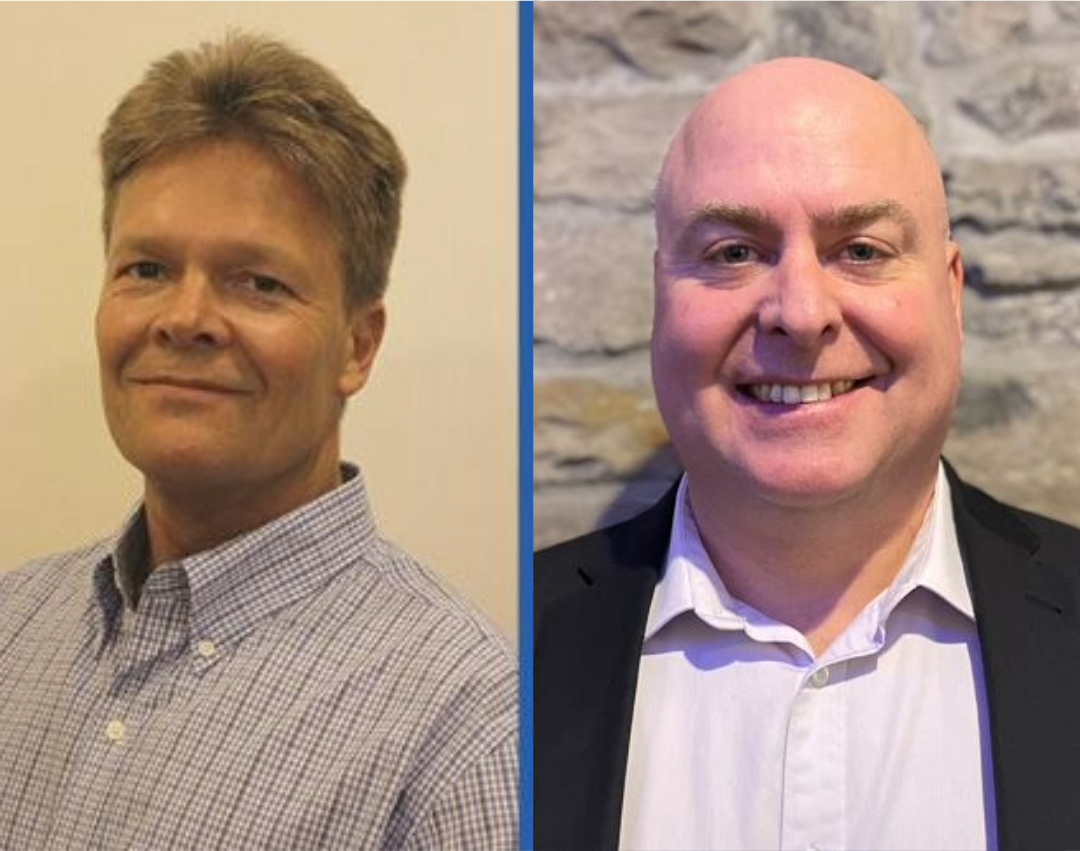
Meeting the Need
Over four years after City Council declared a homelessness emergency in Ottawa, homelessness has returned to catastrophic levels.
The chronic lack of affordable and supportive housing, post-pandemic mental health distress, substance use, job loss, and continuing inflation for food and rent, have pushed The Mission’s capacity to cope to the limit.
In 2023, the number of asylum seekers arriving at The Mission increased significantly. Given the lack of available emergency dorm beds and chapel mats (and no beds elsewhere, since all shelters in Ottawa are full), on average, 27 people slept on chairs in our lounge each night.
Housing workers, who normally work to find housing for clients, are busy helping these arrivals navigate registering as refugees. And our meal numbers, which doubled during the pandemic and topped over one million last year, climbed even higher to over 1.1 million this year.
Many refugees report receiving no government support and turning to us for necessities, since many organizations that deal with refugees are also at overcapacity.
In November, The Mission wrote to the federal Ministers of Housing and Immigration to express our concern, noting the severity of homelessness in Ottawa and also that the City cannot solve this problem on its own.
We urged the federal government to come forward with immediate supports for refugee claimants in Ottawa.
Your support helps vulnerable people to reclaim their lives. On behalf of our clients, thank you.
Peter Tilley
CEO, The Ottawa Mission
Peter Saunders
Chair, Board of Directors, The Ottawa Mission
Our Impact Report Video
1,132,470
meals served last year
1,549
unique individuals sheltered annually
270
clients successfully housed
3,490
patient encounters
72
educational and job training graduates
105
addictions and trauma program graduates
Stories of Hope
At The Ottawa Mission, we support clients to enhance the quality of their lives. We nourish the body, mind and spirit of those who seek our help, and enable people in crisis to heal and build hope for the future.
Here are just a few stories of their stories:
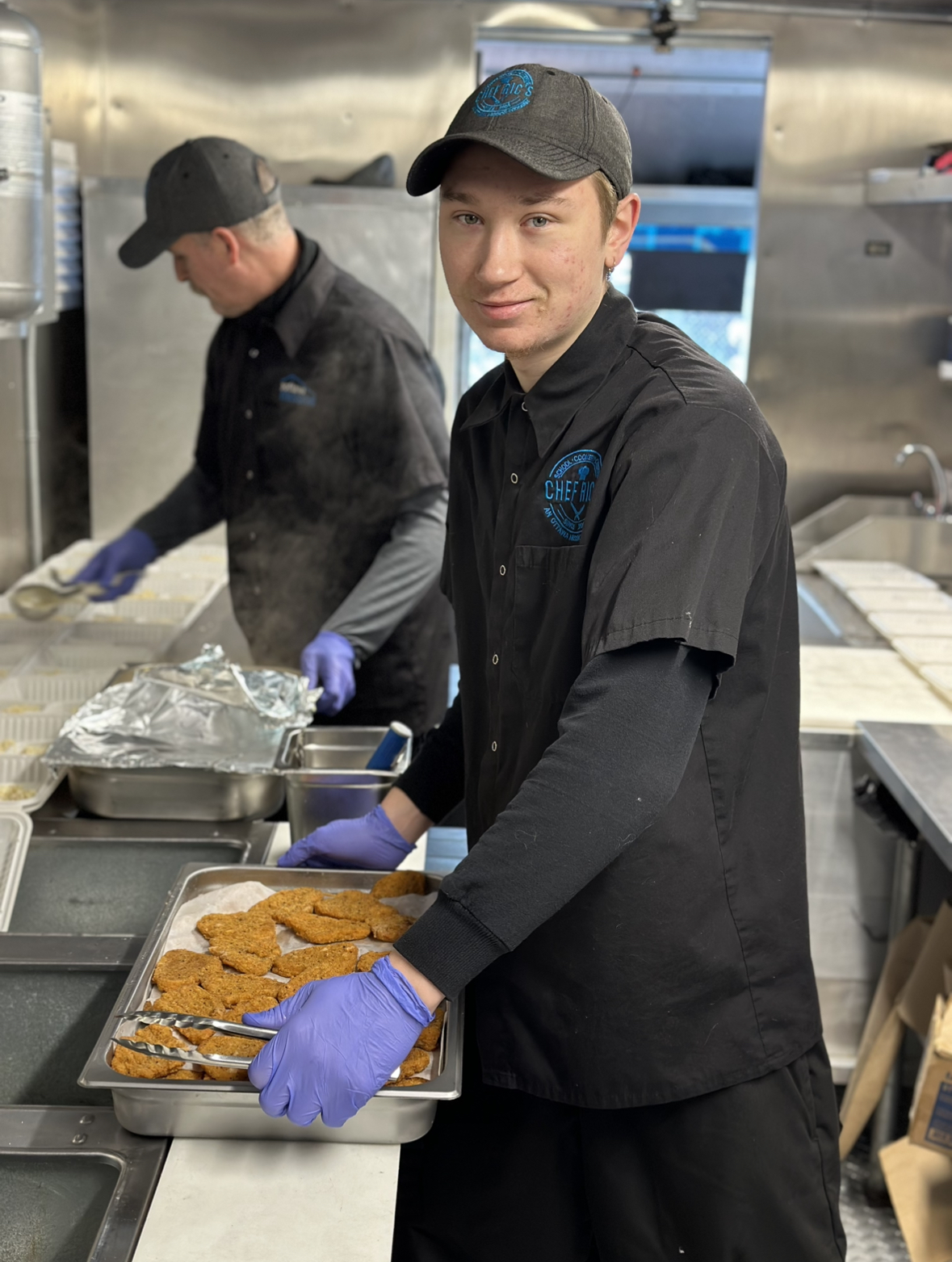
Why I turned to The Mission for help: Kenzie
Kenzie is a young man who turned his life around, thanks in part to our Food Services Training Program. Experimenting with cannabis caused Kenzie to experience psychosis, which led to homelessness.
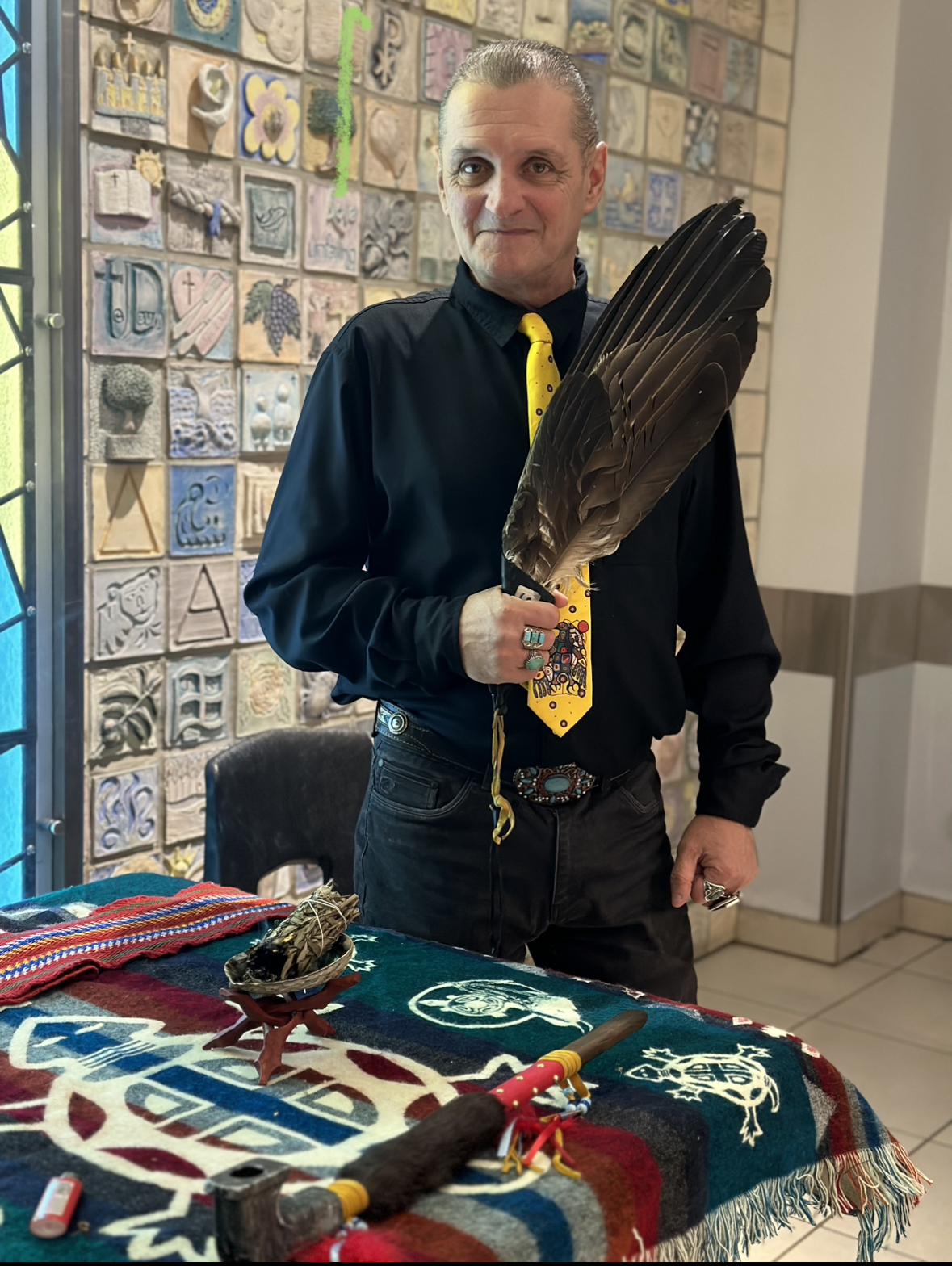
Why I turned to The Mission for help: James
Despite attending residential school, James persevered in life. But when the pandemic hit, he lost his job and couldn’t afford his rent. We helped him find an affordable apartment. And now James returns to The Mission to help deliver an important cultural service.
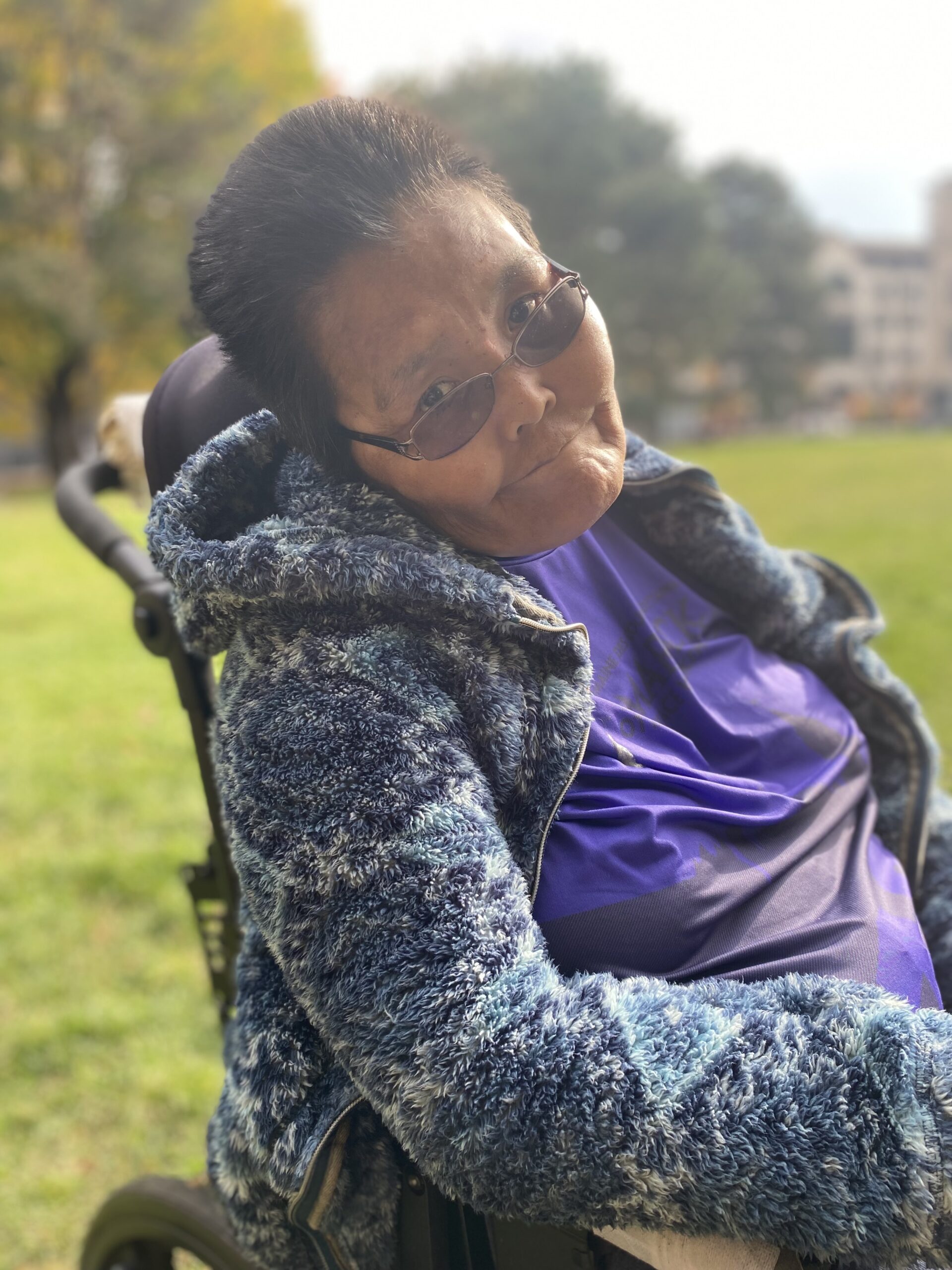
Why I turned to The Mission for help: Nancy
Nancy was a beloved long term client in our Diane Morrison Hospice, moving in and out over the years as her chronic health issues improved or flared up. Hailing from Pond Inlet, Nunavut, Nancy possessed a deep faith and was proud of her culture.

Why I turned to The Mission for help: Mike
A difficult youth put Mike on a path of substance use and struggle before he sought help. At LifeHouse, one of our addiction treatment programs, he became a mentor to other clients. Now, he wants to help others.
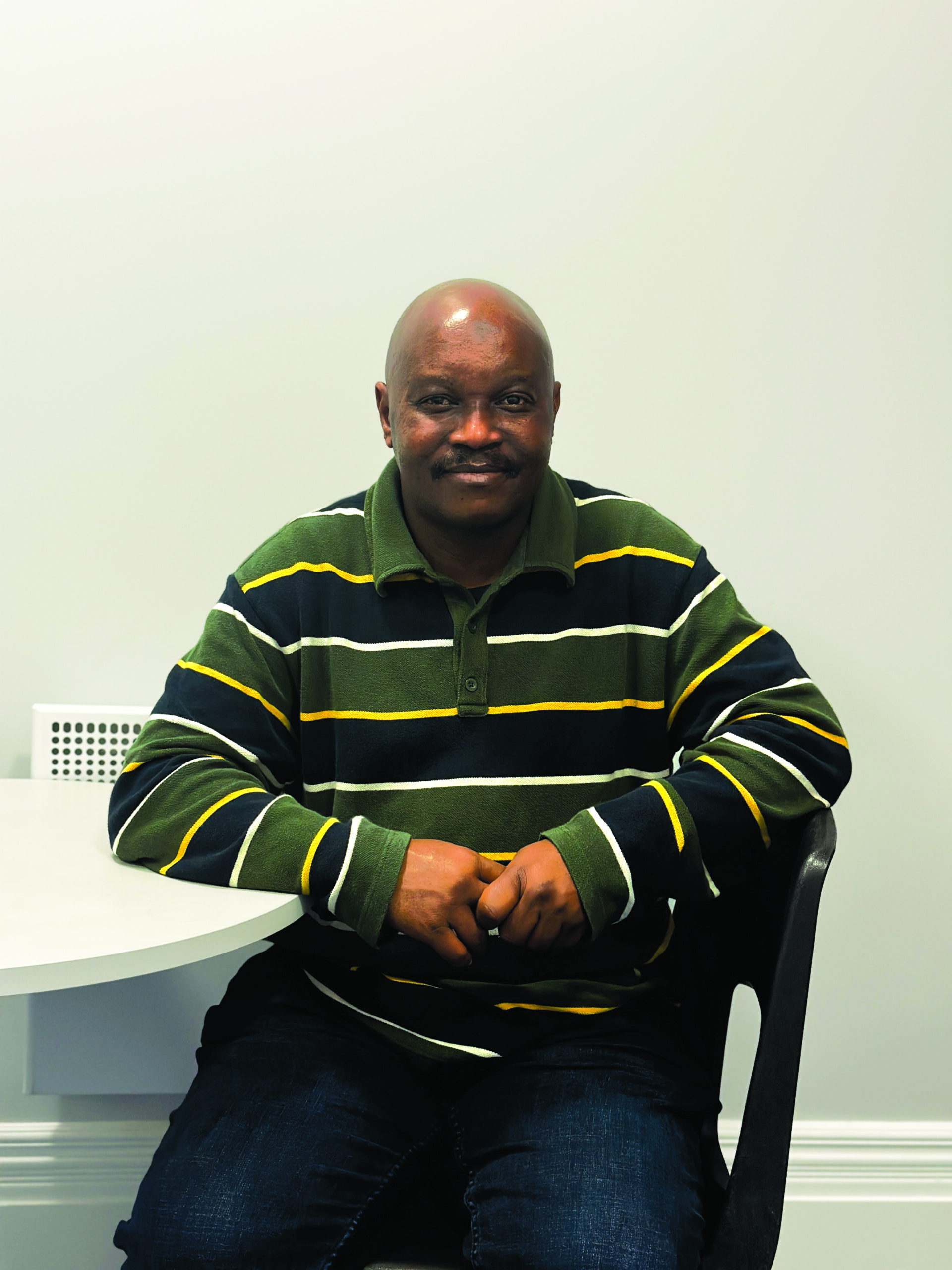
Why I turned to The Mission for help: Ibrahim
“I had a problem in my country, people wanted to hurt, maybe kill me.”
Ibrahim knew he had to flee Uganda. As a former driver for a politician who had gone into hiding, he had been targeted and assaulted. He came to Canada, claiming asylum, but a lack of resources to receive saw him turn to The Mission for help.
Expenditures
2023-2024
At The Ottawa Mission, direct costs are categorized based on program outputs and have been grouped into six main categories:
- Food & Shelter
- Housing Services
- Client Services
- Addiction & Trauma Services
- Health Services
- Fundraising
The cost of delivering these programs includes the costs of volunteer services, community engagement and a full-time chaplaincy department. These costs are allocated to programs based on estimated time spent on each one.
*While the housing department comprises 4.57% of the OM’s overall budget, case management services, which includes finding housing for clients, are spread across different departments such as housing, client services, and health services.
The Mission is funded through a combination of a per diem subsidy we receive from the City of Ottawa and donations from generous partners and members of the community.
See our completed financial statements